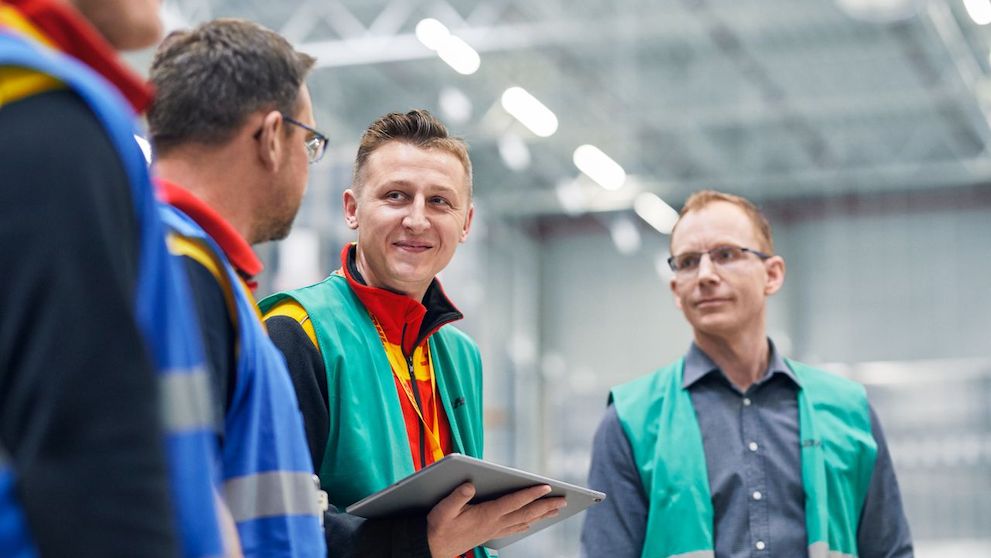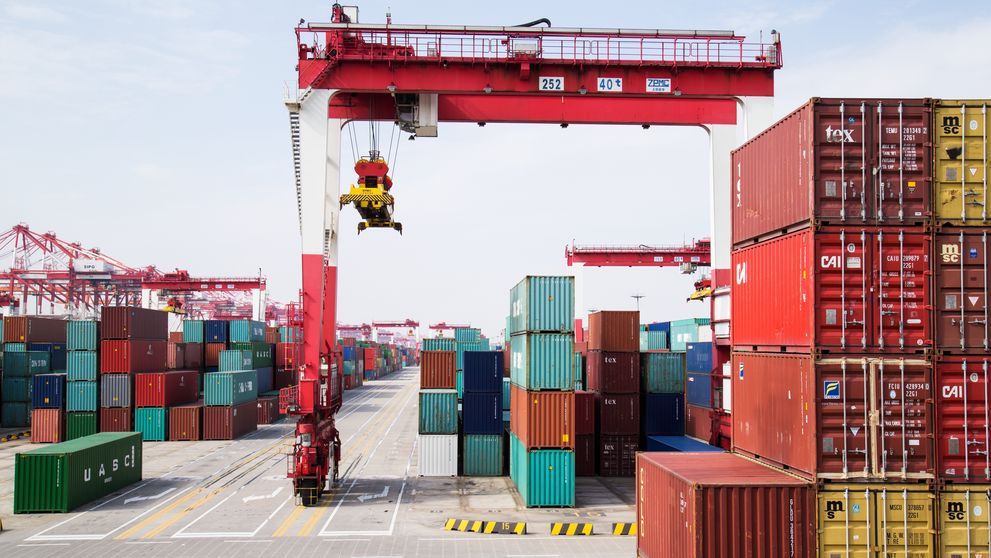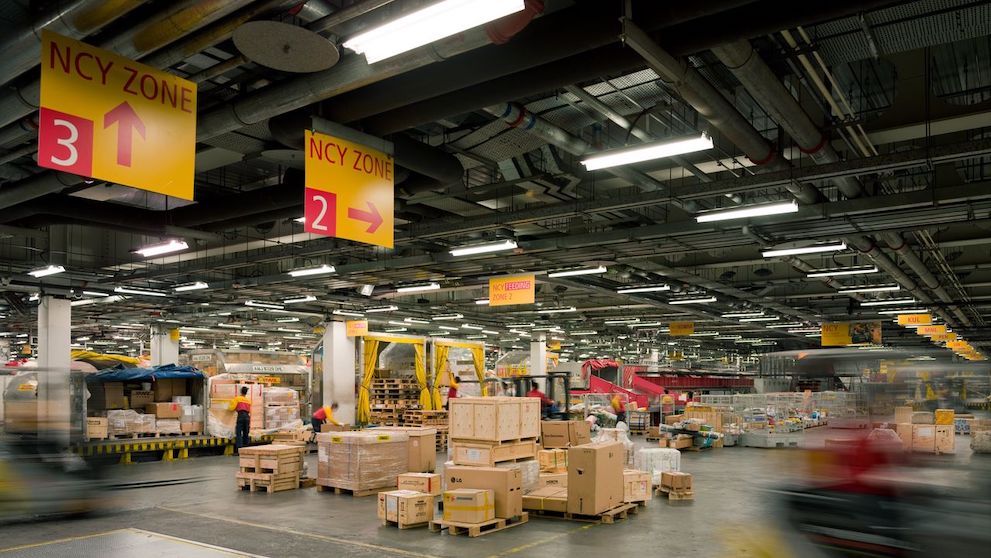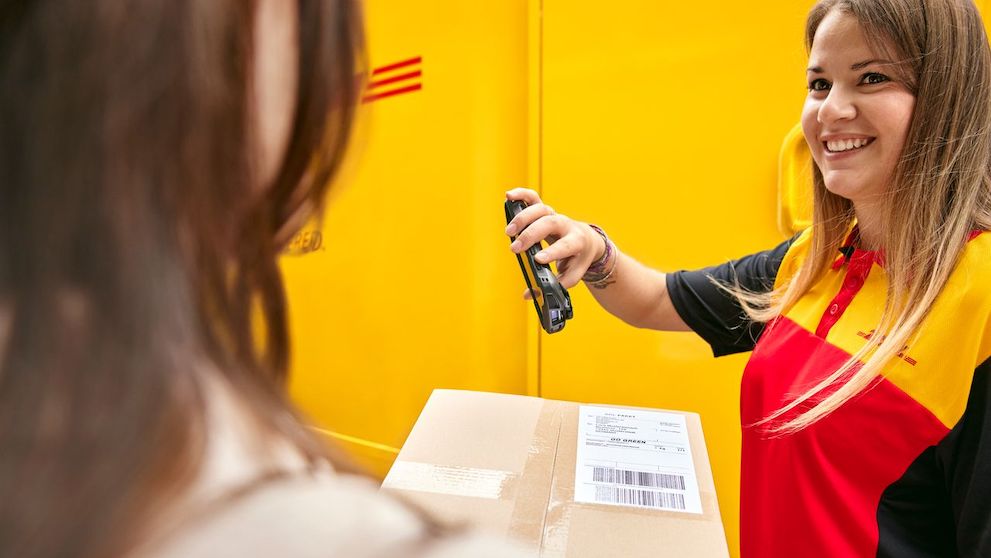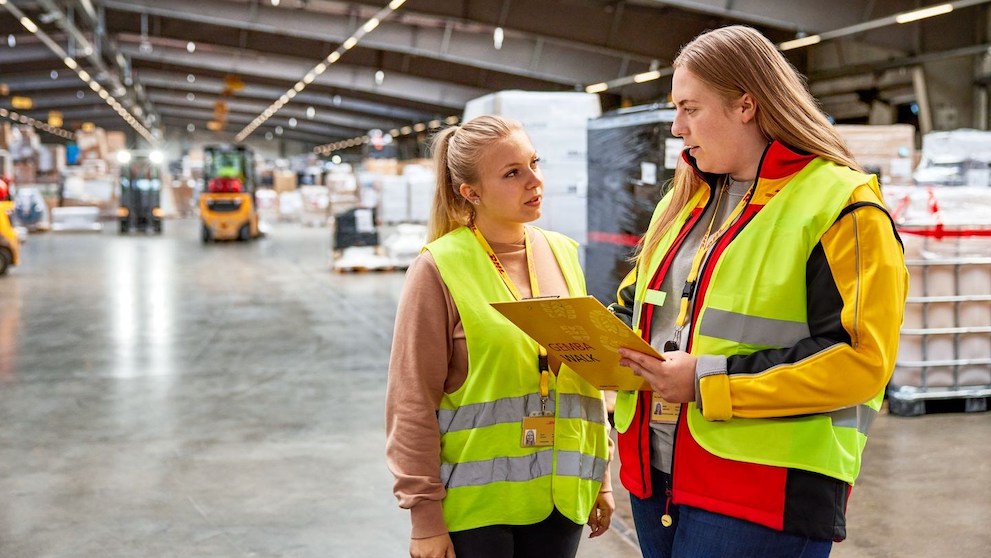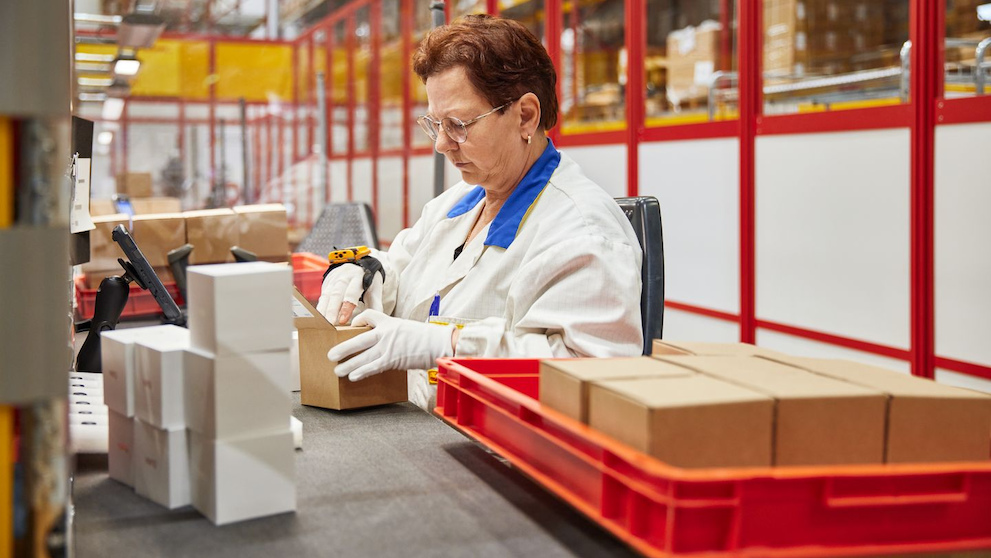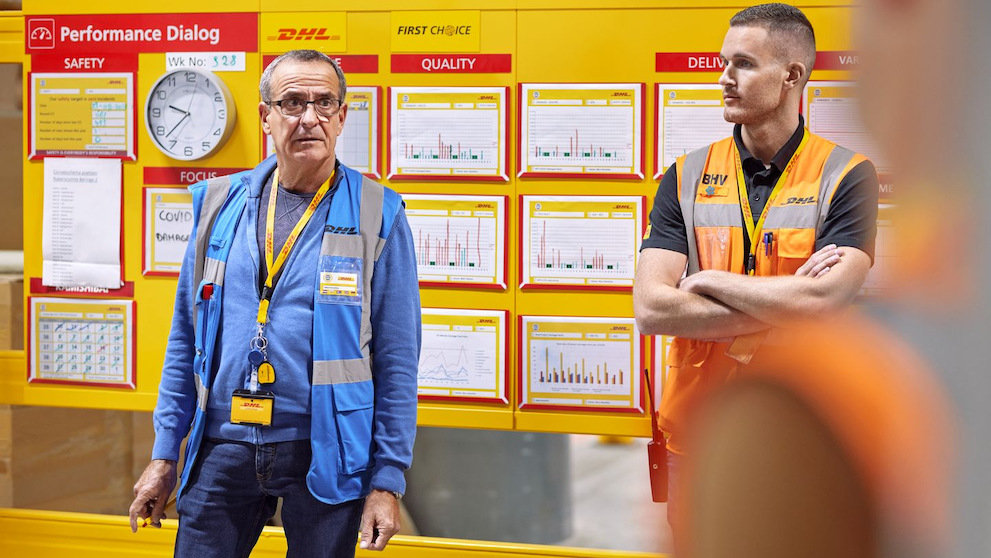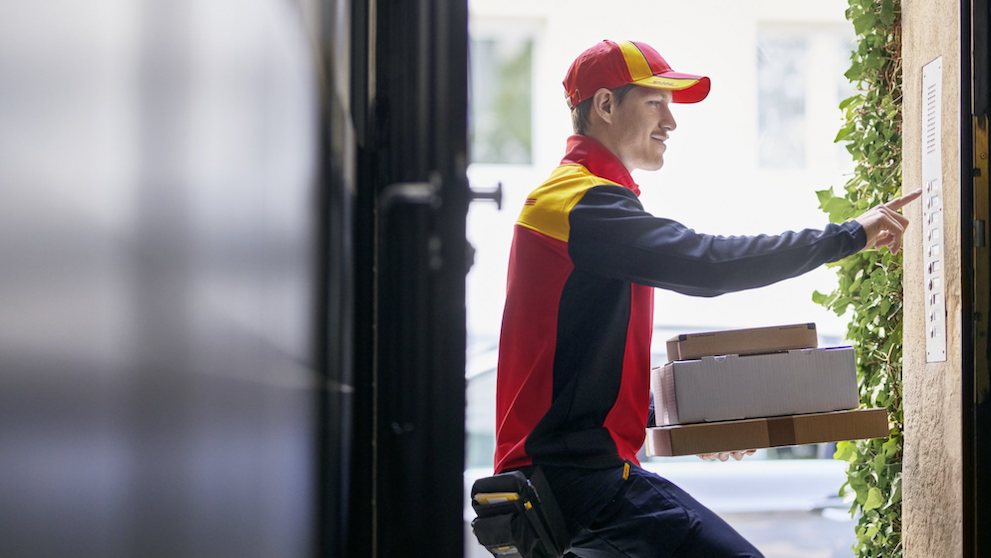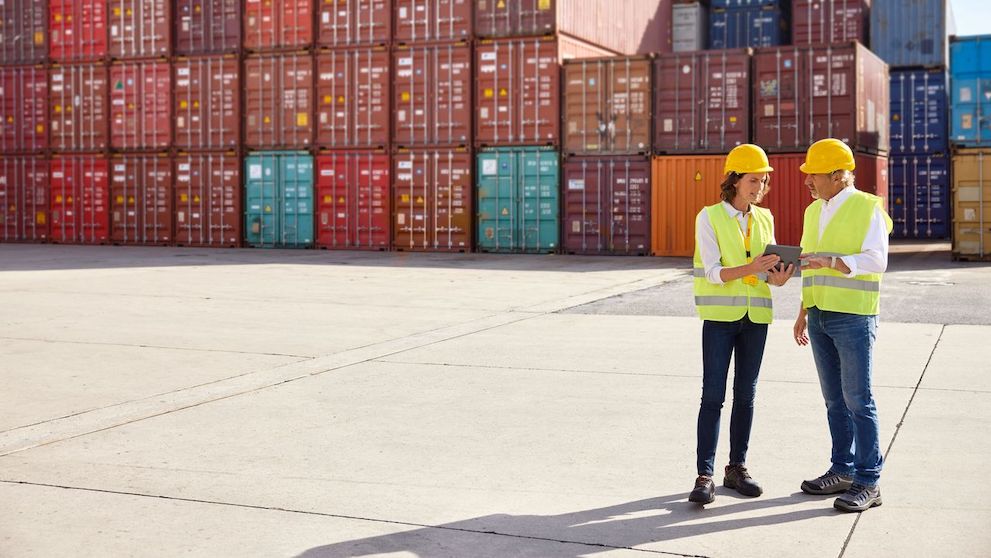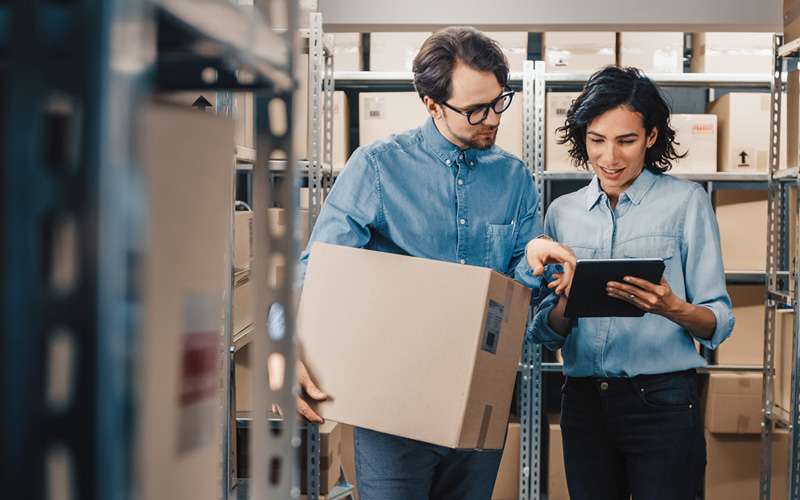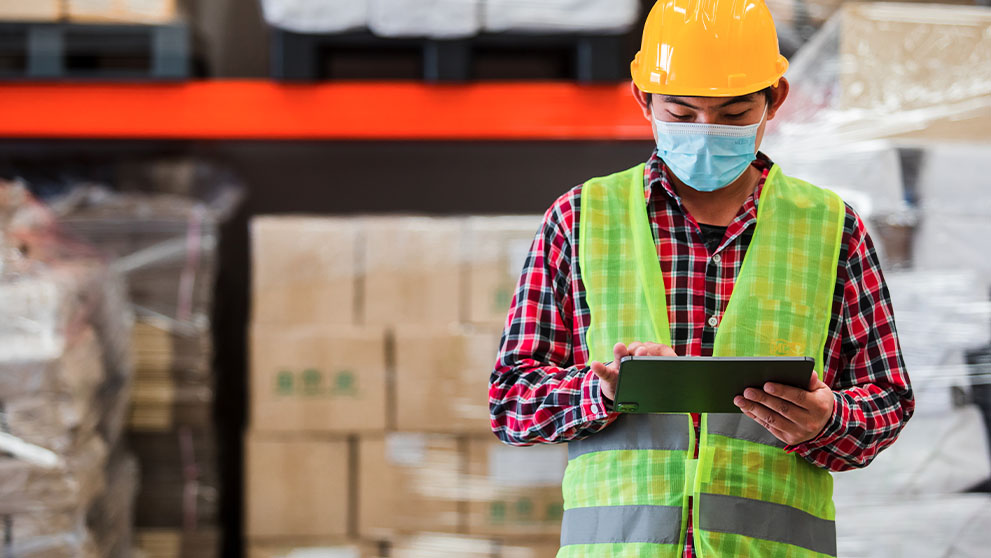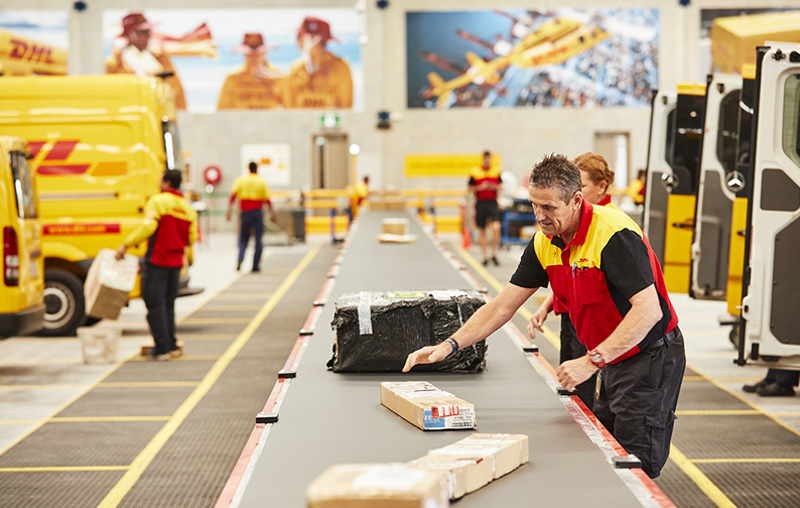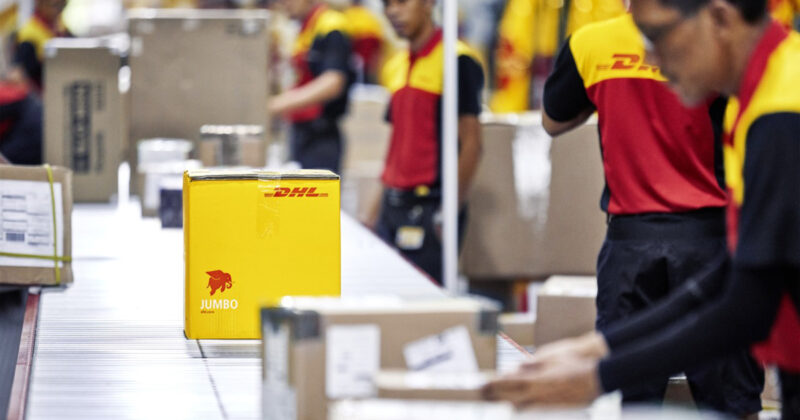With the rapid evolution of the logistics industry, what are the emerging trends that businesses must take note to remain competitive? Here’s what you need to know.
With the advancement of technology, the emergence of new business models and remarkable shifts in consumer behaviour, the logistics industry is being reshaped at a record pace. To maintain an edge over competitors, businesses must stay tuned in to the emerging concepts in logistics. Here are five emerging trends set to disrupt the logistics industry in a big way over the next few years.
1. Logistics software-as-a-service (SaaS) platforms will see an increase in adoption
Logistics technologies will drive the future of supply chain management. For companies that wish to adopt logistics technologies but may be reluctant to invest heavily in them, logistics software-as-a-service (SaaS) platforms may be the solution. Such platforms allow businesses to reduce costs by outsourcing their logistics needs, and additionally, help improve efficiency and achieve greater returns on investment.
For example, logistics software provides data-driven insights by tracking and monitoring the movement of goods and materials, assisting businesses in optimising their supply chains and improving their operations. Businesses can also benefit from automation and digitalisation technologies, which enhance the efficiency of carrying out repetitive tasks and reduce manual errors.
Digital freight forwarding platforms like Twill and Flexport are examples of logistics SaaS platforms. These platforms allow carriers to connect directly with shippers, transforming supply chain management. As such, shippers can enjoy competitive rates, and carriers can receive quicker payments.
2. Green logistics is becoming a priority
Green logistics is the practice of minimising environmental impact throughout the supply chain, such as reducing waste, energy consumption and emissions. Many companies are increasingly interested in green logistics due to the growing public awareness of climate change and its effects.
In addition to companies seeking to be more responsible, green logistics is gaining traction because it can help organisations save on costs, reduce environmental impact and improve sustainability performance.
For example, DHL Express provides a range of eco-focused products such as carbon emissions reporting and a GoGreen Annual Certificate to assist you in reducing the environmental impact of your company's supply chain.
3. Autonomous vehicles will be the future of supply chain management
Innovations in logistics technology continue to shape the future of supply chain management. With the explosion of e-commerce and online shopping, retailers need to find more efficient ways to get their products from warehouses and stores to customers' doors.
Autonomous or self-driving vehicles significantly reduce manpower costs and the risk of delays. Autonomous vehicles can work longer hours, take fewer breaks, and are not prone to human error. They can help sort, track, package, and transport with less manpower needed, lowering labour costs. In addition, autonomous vehicles come with route optimisation capabilities that can shorten delivery times and increase fuel efficiency.
4. Big data analytics and AI are key disruptive technologies
Global supply chains are growing increasingly complex, with customers expecting faster delivery and increased efficiencies between suppliers and business partners. With the margin for error rapidly narrowing, artificial intelligence (AI) and big data analytics will play an integral role in transforming supply chain management.
With machine learning (ML) algorithms, artificial intelligence can deliver a tremendous competitive edge by providing powerful optimisation capabilities required for capacity planning, improved productivity, lower costs, and faster deliveries.
In addition, predictive analytics allows logistics firms to calculate the quickest routes based on real-time conditions such as traffic and weather, increasing efficiency and minimising delays.
5. The e-commerce boom has increased the demand for reliable logistics solutions
The COVID-19 pandemic has changed the world of commerce for good. In 2020, there has been a 25% increase in consumer e-commerce deliveries globally. This figure is projected to grow by 50% annually over the next four years.
As a result, the demand for last-mile delivery is rapidly rising. Increasingly, businesses are seeking out reliable and efficient logistics solutions, such as delivery services by DHL Express. Open an account with us today.
